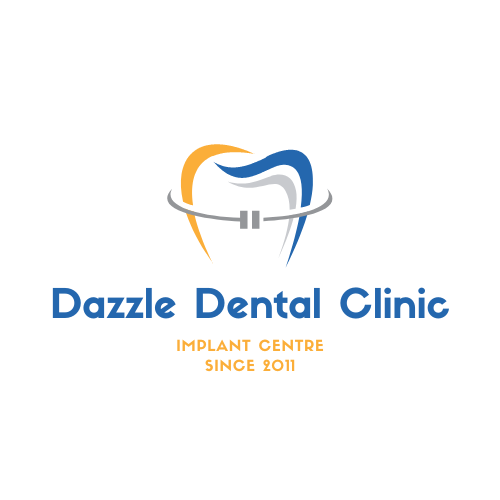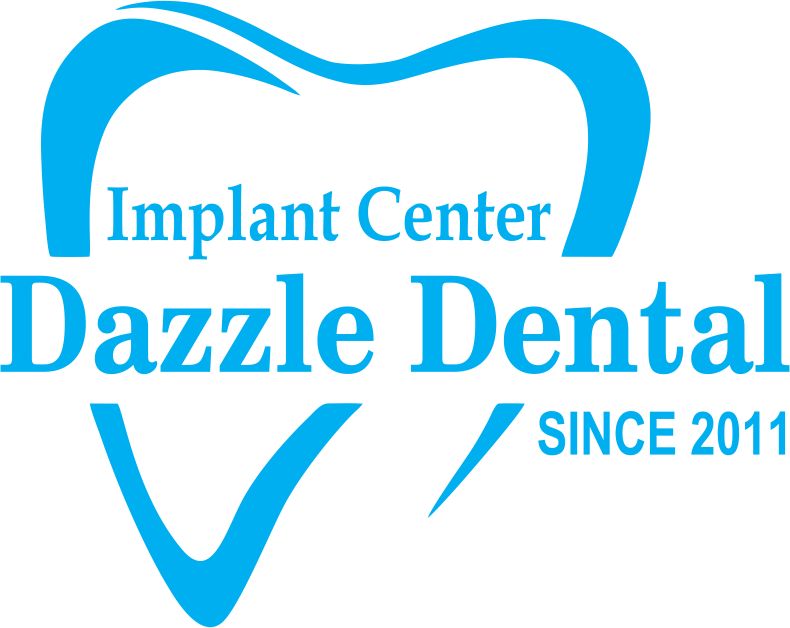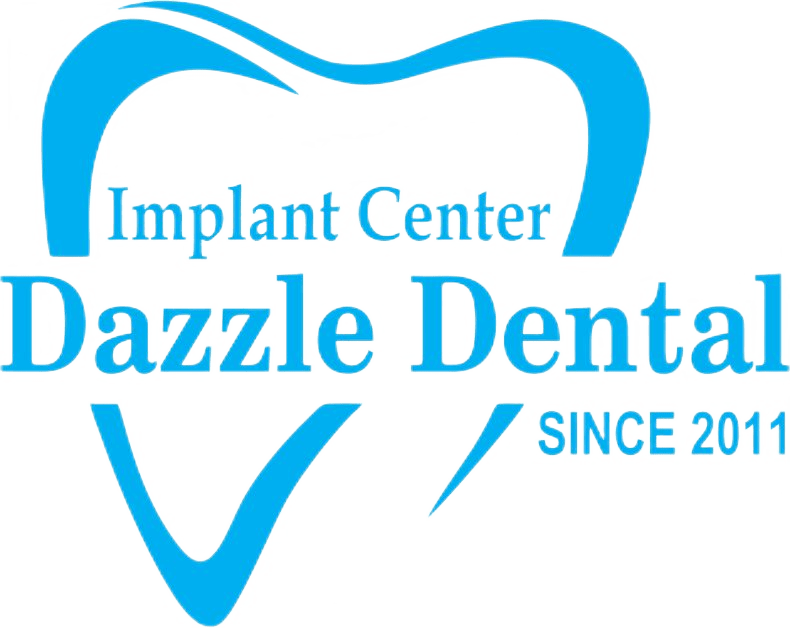Dental Implants & Dentures
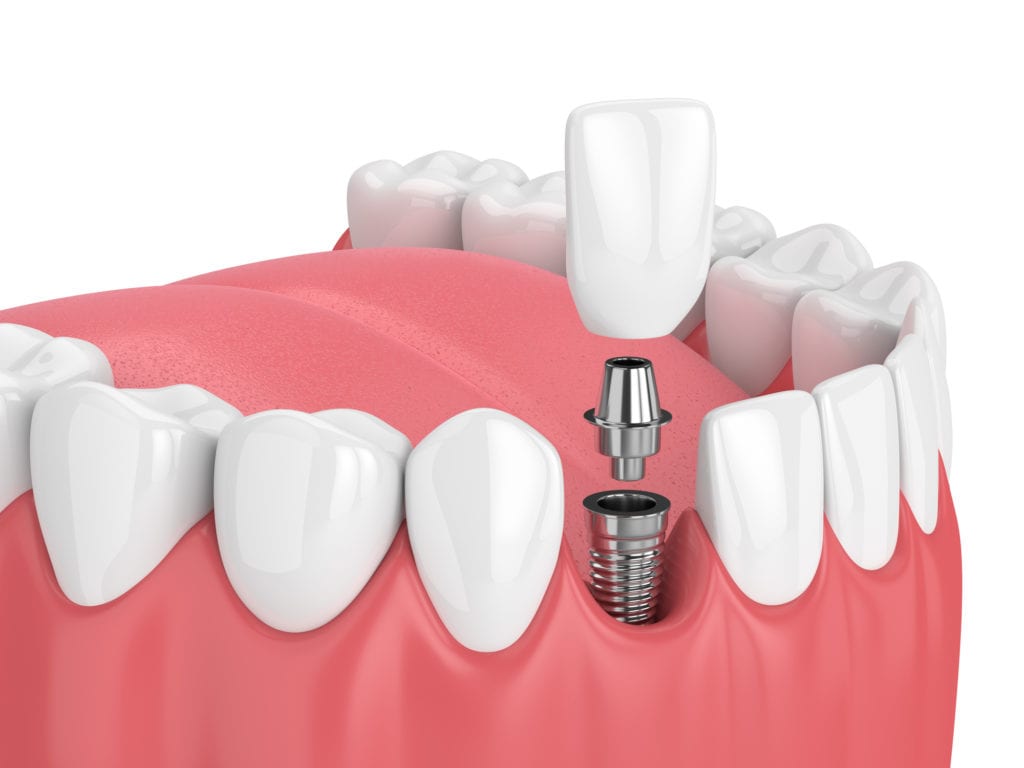
What are Dental Implants?
Dental implants are titanium posts surgically placed into the jawbone to replace missing tooth roots. They serve as a sturdy foundation for attaching artificial teeth, such as crowns or bridges. Implants provide a permanent and natural-looking solution that closely mimics the appearance and function of natural teeth.
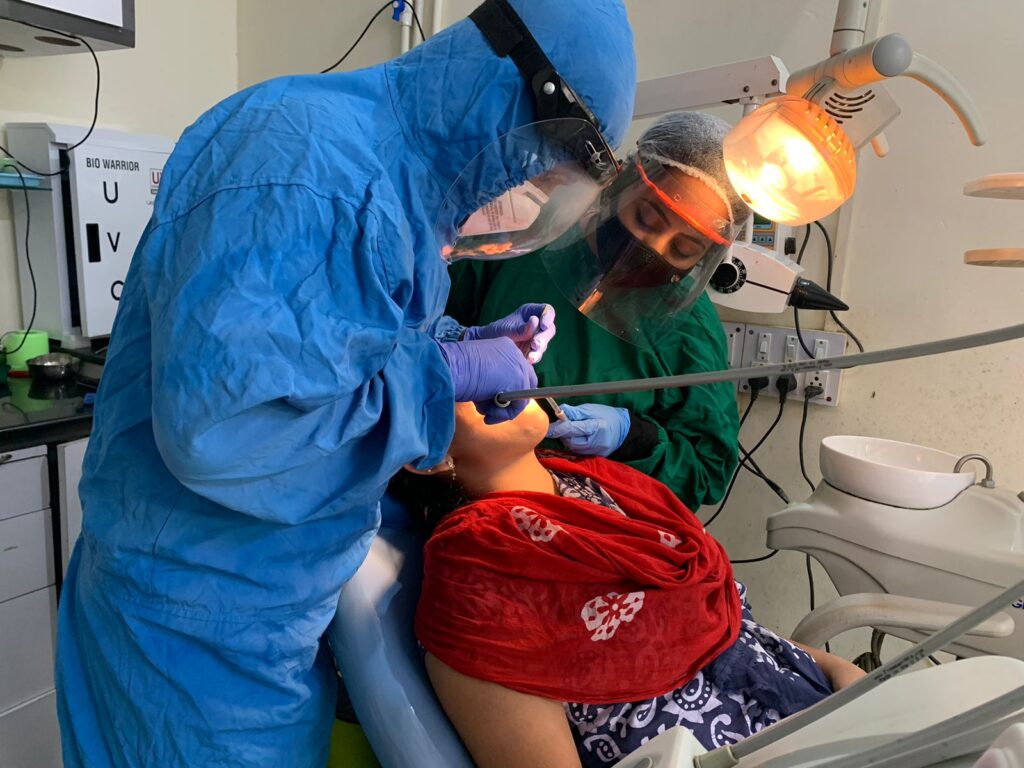

Advantages of Dental Implants
1. Enhanced Functionality: Dental implants offer excellent stability, allowing you to chew and speak with confidence. They function just like natural teeth, providing a strong and secure bite.
2. Longevity: With proper care, dental implants can last for many years, often a lifetime. They are highly durable and resistant to decay.
3. Improved Aesthetics: Implants are designed to blend seamlessly with your natural teeth, resulting in a natural-looking smile.
4. Preserves Jawbone Health: Implants stimulate the jawbone, preventing bone loss and maintaining facial structure.
5. Convenient Maintenance: Dental implants require no special cleaning or adhesives. Regular brushing, flossing, and dental check-ups are sufficient for maintaining oral hygiene.
Dis-advantages of Dental Implants
1. Stability and Functionality: Dentures may feel less stable than dental implants, particularly when eating or speaking, and may require occasional adjustment or the use of adhesives.
2. Jawbone Health: Dentures do not stimulate the jawbone, which can lead to bone loss over time, affecting facial structure and denture fit.
3. Maintenance: Dentures require regular cleaning and removal for proper hygiene, and they should be stored in a denture solution when not in use.
Cost Of Dental Implant
The cost of dental implants may raise concerns for some patients, but they are a worthwhile investment. Although the procedure involves multiple components, which may create an impression of higher expense, it is crucial to recognize the long-term benefits. Failing to replace a missing tooth with an implant can result in adjacent teeth shifting and eventual jawbone loss, leading to more costly complications. In comparison, a single dental implant proves to be a more cost-effective solution in the long run.
POST IMPLANTS CARE
Here are some rewritten tips for maintaining good oral hygiene:
1. Maintain a consistent oral hygiene routine by brushing your teeth twice a day.
2. When selecting a toothbrush, opt for one with a small head and soft bristles.
3. Replace your toothbrush every two to three months to avoid using one with frayed or worn-out bristles, which can be harmful to your teeth and gums.
4. Brush your teeth gently yet thoroughly, avoiding excessive force that could lead to abrasion.
5. To remove plaque, bacteria, and food particles trapped between your teeth, remember to floss at least once a day. This practice is especially important for preserving the condition of dental implants.
6. Ensure the longevity of your dental implants by maintaining proper oral care at home.
7. Incorporate mouth rinses into your daily routine after meals to maintain optimal oral health.
8. Refrain from consuming sticky foods, as implants have a tendency to attract more bacteria than your natural teeth due to their artificial nature.
9. Adopt a balanced and nutritious diet to support the well-being of your dental implants, as good oral care can help them last indefinitely.
